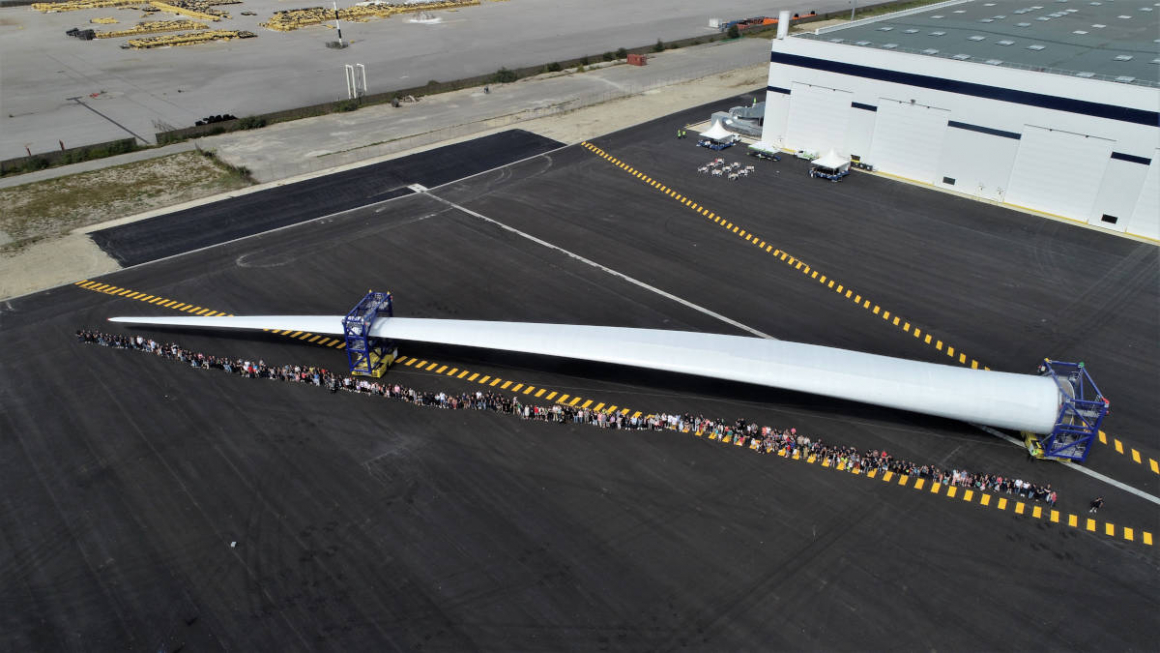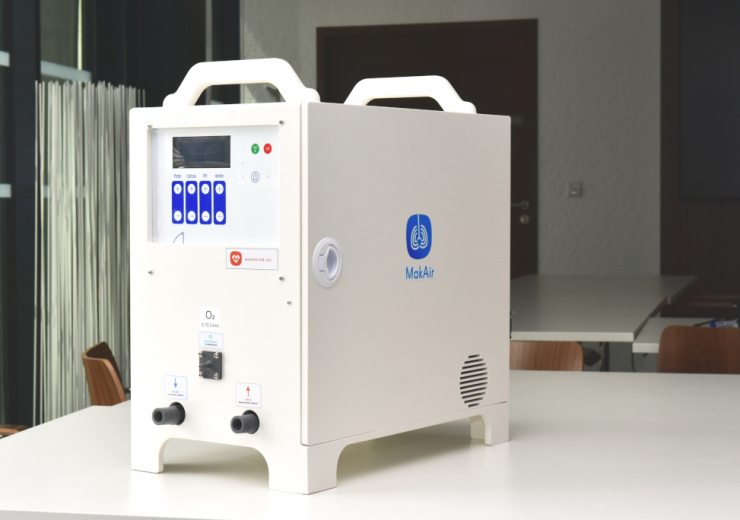The research center IRT Jules Verne, based in Atlantic France, is leading the ZEBRA project with the acronym standing for Zero wastE Blade ReseArch. The objective is to bring together industrials and technological centers in order to develop a 100% recyclable turbine blade made from composite materials.
Wind power is a source of energy for the future, and it must therefore be exemplary. While their lifespan is around 30 years, the huge parts forming the turbine blades can only be recycled from 85 to 90%. The ZEBRA project led by IRT Jules Verne aims to reach a 100% recyclability rate.
Thermoplastic composites and eco-design
Launched for a period of 42 months, the ZEBRA project has been granted an €18.5 million budget. In order to improve the turbine blades, they will be made of highly recyclable thermoplastic composites and will be eco-designed, keeping their life cycle in mind throughout the whole production process.
A project led alongside technical centers and major companies
To carry out this innovative project and “demonstrate the technical, economic and environmental relevance of thermoplastic on a full scale”, IRT Jules Verne has brought technical centers and important companies from different countries to work together: Arkema, CANOE, ENGIE, Suez (France), LM Wind Power (Denmark), and Owens Corning (USA).
A virtuous value chain for industrial composites
The consortium represents the complete value chain, from conception to waste. The project could therefore lay the foundation for other uses of composite materials in key Atlantic France markets such as aeronautics and marine renewables.
Further information: IRT Jules Verne press release


 日本語
日本語  Français
Français 



